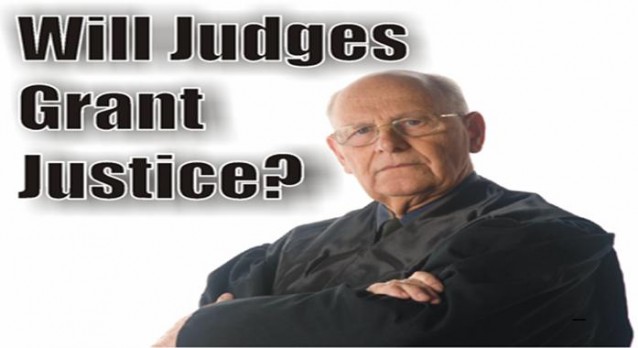Order to Show Cause Requires REAL Verification
Florida Statute 702.10 sets forth a procedure by which a foreclosure plaintiff can request an expedited foreclosure. Under the statute, if the plaintiff files a motion and follows the procedures in the statute, the Court will enter an Order requiring the defendant to come to court and explain why a Final Judgment of Foreclosure should not be entered. I’ve seen foreclosure plaintiffs try to utilize this procedure every so often, but they always do it wrong! Quite simply, they don’t follow the procedure in the statute.
Under the plain language of the statute, an Order to Show Cause can only be entered when the plaintiff files a “verified” pleading. Even though Fla.R.Civ.P. 1.110(b) authorizes foreclosure pleadings to be verified on “knowledge and belief,” the verification requirement in Fla. Stat. 702.10 is different. For a foreclosure plaintiff to avail itself of the expedited process set forth in the statute, it must verify its pleading in the manner required by Fla. Stat. 92.525, i.e. under penalty of perjury.
That analysis might sound wrong in light of the Second District’s recent rulings on verification, which allow foreclosure pleadings to be verified on “knowledge and belief.” However, those decisions concerned the verification obligations in the normal, run-of-the-mill case, not the special procedure set forth in Fla. Stat. 702.10.
The plaintiffs’ failure to recognize/apply this distinction has always irked me, so I was pleased when one local judge agreed with it.
Still don’t understand?
Well, then you can check out the objection and the order here…
~


The fraudsters would rather chew their leg off rather than be caught in the act of actually “verifying” a complaint they know is fraudulent. Everyone should follow this example from Stopa Law.